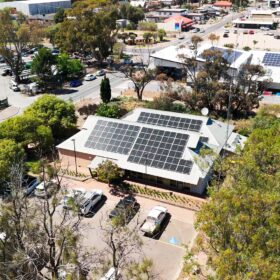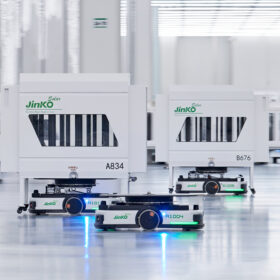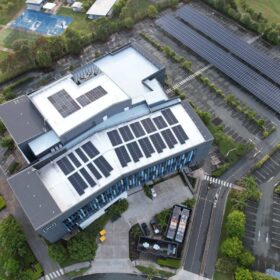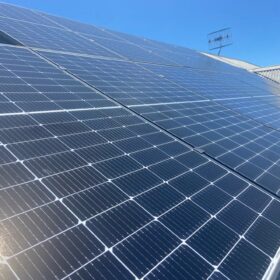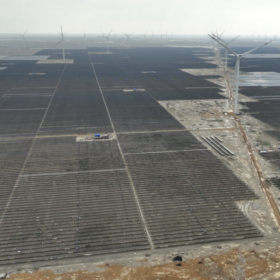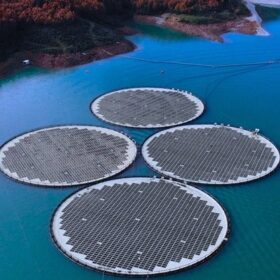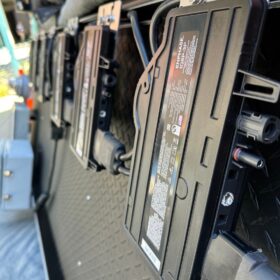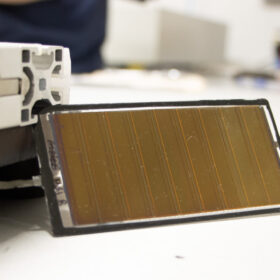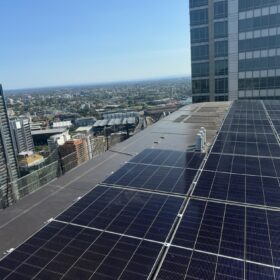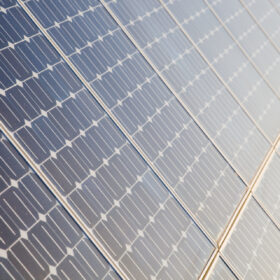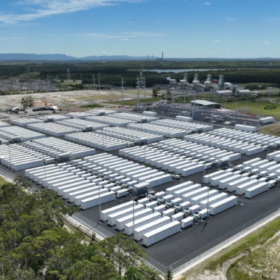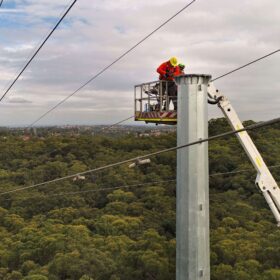South Australian city installs rooftop solar arrays on seven public buildings
South Australian solar solutions company Venergy Solar has completed a multi-rooftop solar installation in eight weeks, in partnership with the City of Playford on seven of its council-owned buildings.
Jinko exceeds 1 GW milestone in Australian distribution market
JinkoSolar has achieved an historic milestone by becoming the first company to exceed 1GW in distribution shipments in Australia for 2024 on the back of its popular Tiger Neo modules.
DS Energy delivers dual solar solution for commercial client
A dual solar installation with a combined 520 kW capacity deployed at Australian insurance company Youi’s Queensland headquarters is now delivering nearly 50% of the facility’s annual energy needs.
Rooftop solar install rates deliver near-record January
The latest monthly data from industry analyst SunWiz shows that about 234 MW of new rooftop solar was registered across Australia in the first month of 2025, a 6% increase on the same time last year.
India hits 100 GW solar milestone
India has hit 100.33 GW of cumulative installed solar capacity, crossing a critical threshold as it moves toward its 2030 goal of 500 GW of non-fossil energy.
International partners plan floating solar for Australia
Singapore-headquartered Canopy Power has teamed with Norwegian floating PV specialist Ocean Sun aiming to accelerate the deployment of floating solar technology across Australia’s water bodies.
Enphase posts 42% revenue decline in 2024
Solar inverter maker Enphase Energy says full-year revenue fell 42% as the residential solar market slumped, but margins improved and United States manufacturing expanded significantly.
Canadian miner acquires European arm of Halocell
Canadian silica mining company Homerun Resources has acquired Halocell Europe, a subsidiary of Australian perovskite solar cell manufacturer Halocell Energy, for the commercialisation of perovskite solar.
SUMEC Helios rooftop solar system powers Sydney highrise
The New South Wales government’s Department of Climate Change, Energy, the Environment and Water will soon move into an Sydney CBD newest and all electric highrise, which features 28 SUMEC Helios rooftop solar modules.
Pressurised water cleaning can improve solar generation efficiency by 10%
Researchers in China have investigated the dust-scaling process and various water-based cleaning methods to optimise maintenance strategies for enhanced safety and efficiency in solar systems.
